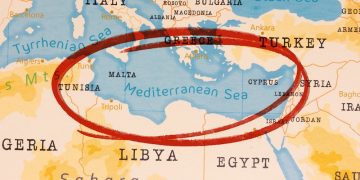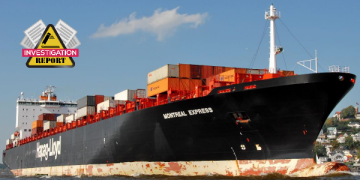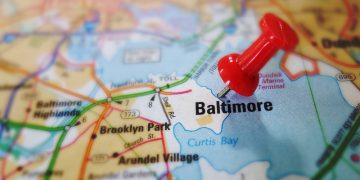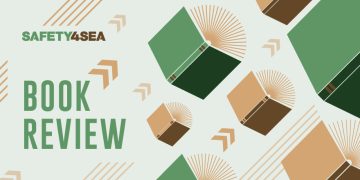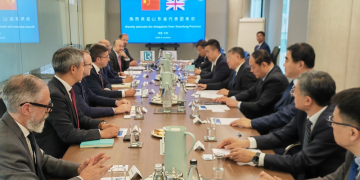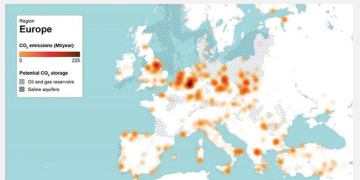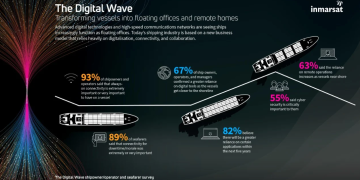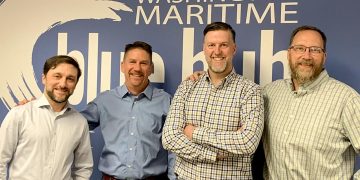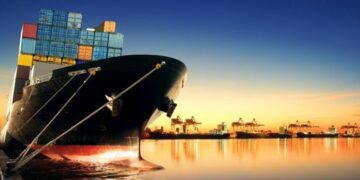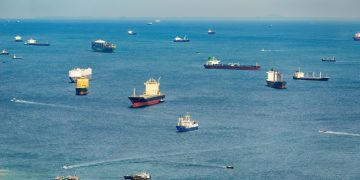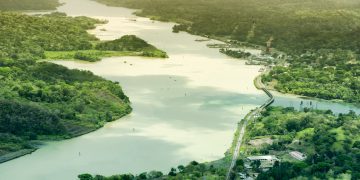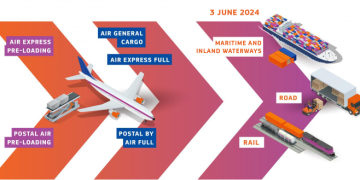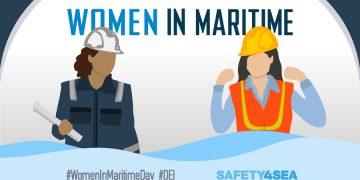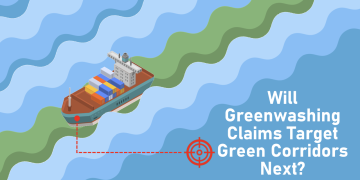Guidance on the construction and use of citadels
The document has received approval from Round Table members Industry has produced a set of guidelines aimed at giving guidance on the construction and use of citadels in waters affected by Somalia piracy. The document has received approval from Round Table members - INTERTANKO, BIMCO, ICS and INTERCARGO - as well as other industry associations. NATO, EUNAVFOR and the Combined Maritime Force (CMF) have also approved the document.A citadel as defined in BMP4 is "A designated pre-planned area purpose built into the ship where, in the event of imminent boarding by pirates, all crew will seek protection. A citadel is designed and constructed to resist a determined pirate trying to gain entry for a fixed period of time."Since January 2010, there have been 26 cases where pirates have actually boarded vessels, but have been unable to take control because the vessel's crew have all successfully sought refuge in a pre-planned citadel. However, there have also been five cases where citadels have been breached - these may be attributed to a number of factors including poor construction and location of the citadel. With the use of citadels increasing, the pirates have similarly gained experience in defeating a citadel - this includes ...
Read more



